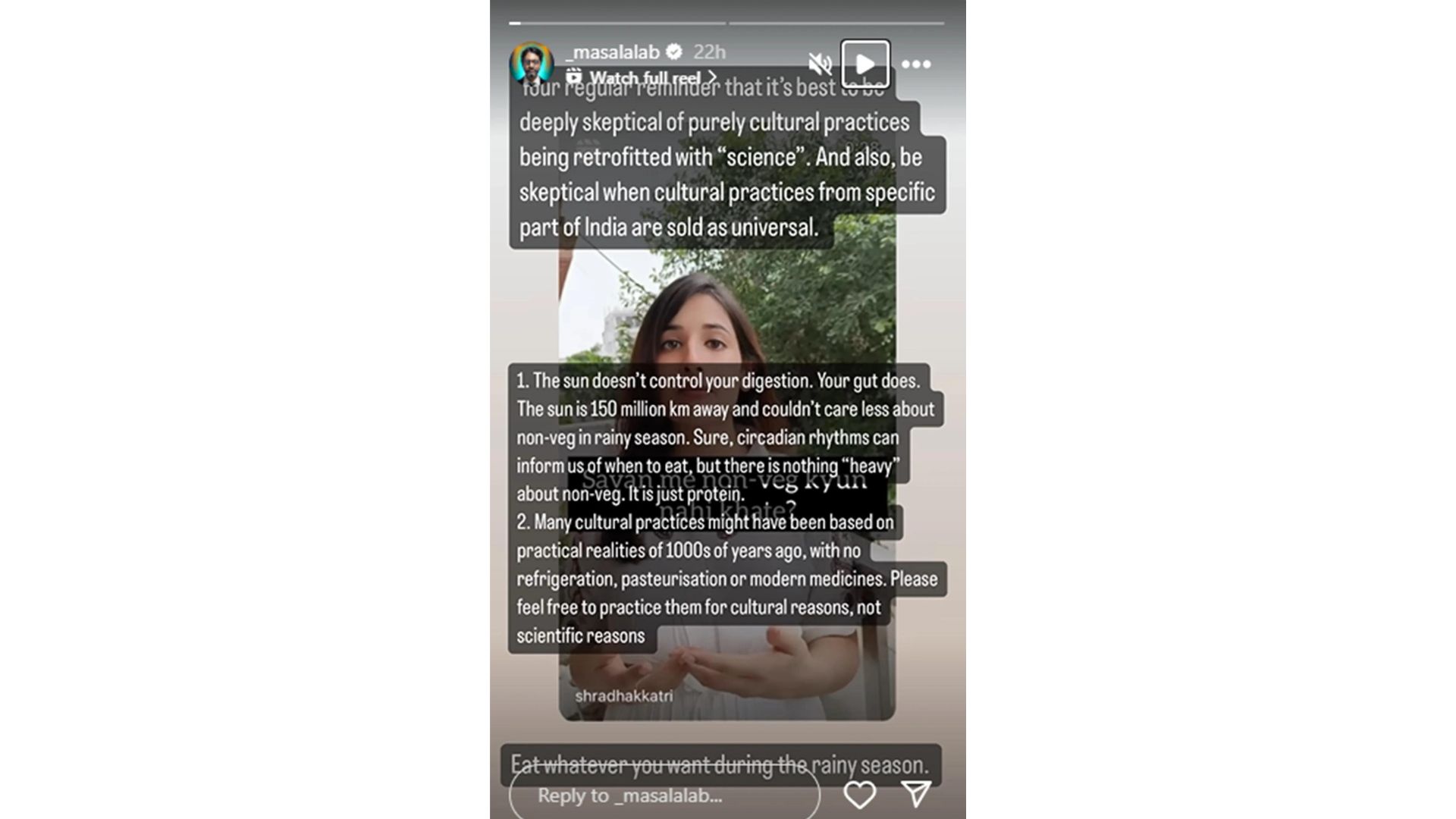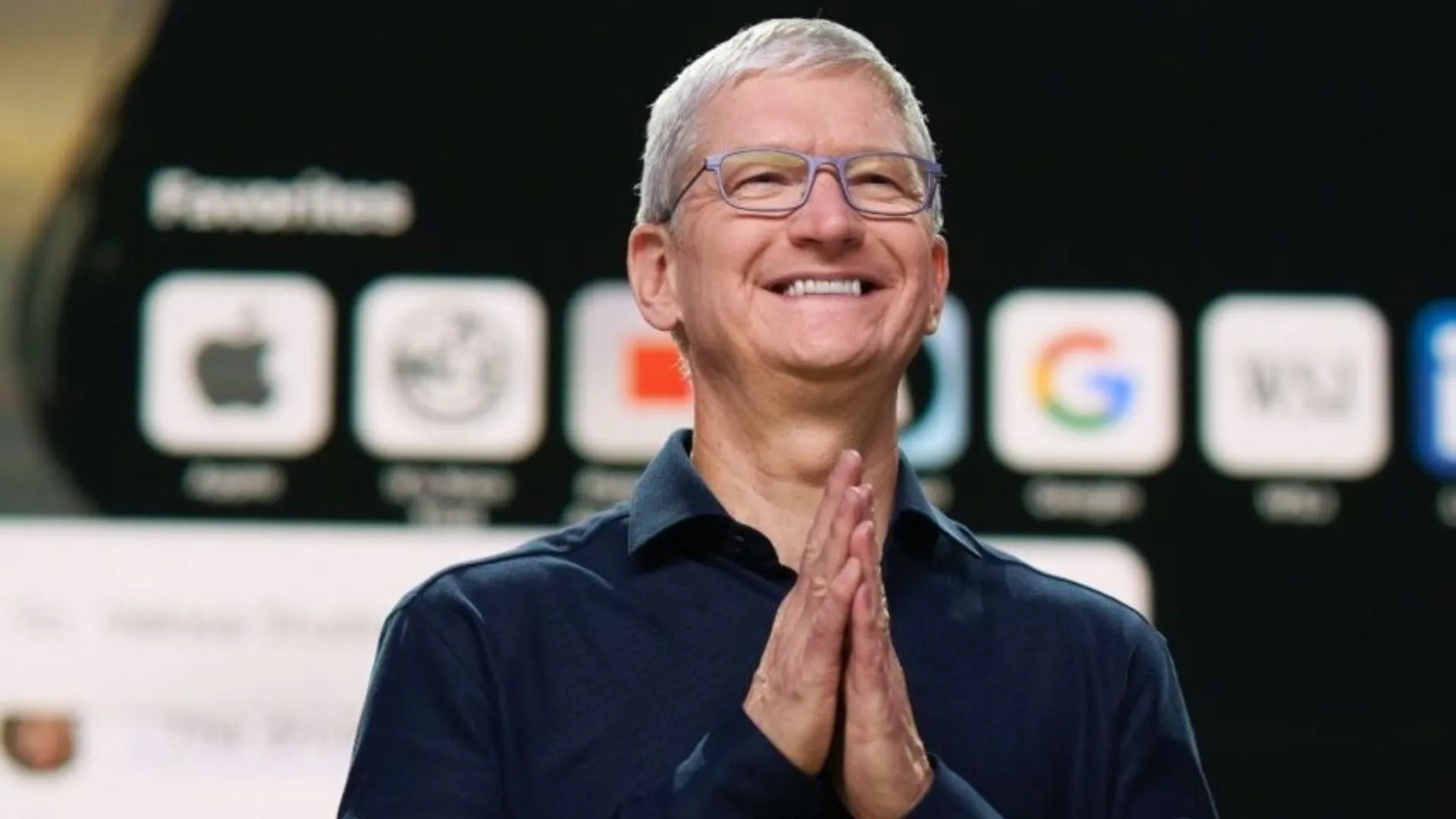Shrdha Krishn Kumar Atri shared a video suggesting that people should change their eating habits based on the position of the Sun, possibly implying that this is a healthier way to eat. In response, Ashok posted an Instagram story advising people to be cautious about accepting cultural practices that are presented as scientific without proper evidence. He suggests being skeptical about such claims. The main point is to be critical and seek evidence-based information, especially concerning health and wellness.

Why You Should Not Believe All The Claims Social Media Makes
Kanikka Malhotra, a consultant dietician and certified diabetes educator, offers insight into why the claims about altering eating habits based on the Sun’s position, as suggested in the video by Shrdha Krishn Kumar Atri, may be problematic. She argues that such assertions lack a scientific basis and could potentially be harmful for several reasons:
- Lack of Evidence: There is no scientific evidence to support the idea that the position of the Sun should dictate eating habits. Nutrition science relies on evidence-based research, including controlled studies and clinical trials, to determine the effects of diet on health. Without such evidence, these claims are speculative at best.
- Potential Nutritional Imbalance: Following arbitrary rules about when to eat based on the Sun’s position could lead to unbalanced nutrition. For example, if someone skips meals or eats at irregular times to align with these beliefs, they may not get the nutrients their body needs at the right times, which can affect metabolism, energy levels, and overall health.
- Harm to Individuals with Specific Health Conditions: For individuals with specific health conditions, such as diabetes, the timing of meals and the balance of nutrients are critical for managing blood sugar levels. Following unscientific dietary practices could interfere with established medical guidelines, potentially worsening their condition.
- Misleading the Public: Promoting these practices under the guise of scientific advice can mislead the public, making it harder for people to discern what is genuinely beneficial for their health. It contributes to the spread of misinformation, which can undermine trust in legitimate scientific and medical advice.
- Undermining Cultural Practices: While traditional eating practices can have cultural and historical significance, misrepresenting them as scientifically proven without proper evidence can undermine their value. It’s important to distinguish between respecting cultural practices and endorsing them as universally applicable health advice.























